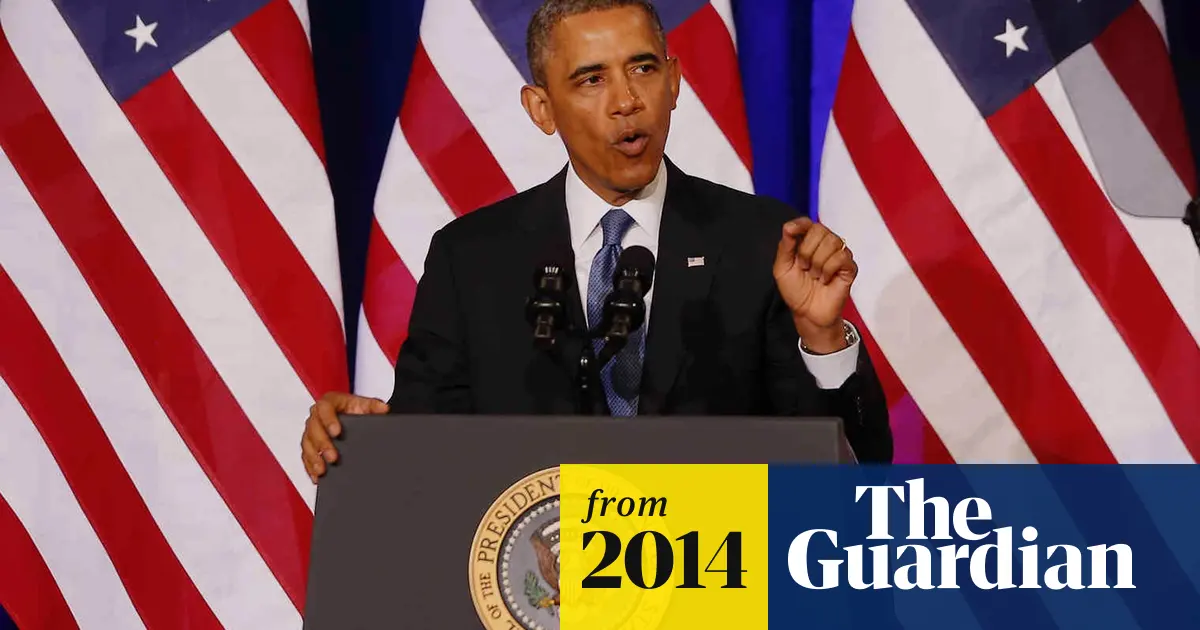Estimated reading time (in minutes)

Existing rules and differentiation of periods
The rules governing the speaking time of presidential candidates have undergone several distinctions and differentiations. The CSA (Higher Audiovisual Council), the French audiovisual regulatory authority , previously distinguished speaking time (direct intervention by the candidate or his supporters on television or radio) and speaking time. antenna (coverage and subjects related to the candidate by television or radio).
In addition, the CSA distinguishes three distinct periods:
- From January 1 to the publication of the official list of candidates at the end of March (no ties during this period).
- The period from the publication of the list until the day before the start of the official campaign.
- The official campaign period, which begins two weeks before the first round.
In the last two periods, equal speaking time was required.
Changes introduced by the new law
On April 5, 2016, the National Assembly adopted a new law regulating speaking time in view of the 2017 presidential elections. This new legislation aimed to relax the existing rules. In particular, the speaking time of the second period would no longer be strictly egalitarian but subject to a more flexible vision of equity by the CSA.
Consideration of the representativeness of candidates
Under the new law, the CSA is required to formally review each candidate’s standing in the next election, based on factors such as polling data. This criterion raises free speech concerns for smaller parties that may not receive high ratings in polls, resulting in reduced speaking time.
The role of the Senate and future developments
The question of the regulation of speaking time remains delicate and the decision of the Senate on this subject remains to be determined. The potential changes and their impact on candidates, especially smaller parties, are still the subject of ongoing discussion and debate.
Conclusion
The rules concerning the speaking time of candidates for the presidential election in France have evolved over time. The new law passed by the National Assembly introduced a more flexible approach, emphasizing fairness rather than strict equality. However, concerns about the representativeness of smaller parties and their limited speaking time based on poll results have arisen. The upcoming Senate decision will shed further light on this important issue, highlighting the delicate balance between ensuring fair representation and promoting freedom of expression in the electoral process.
